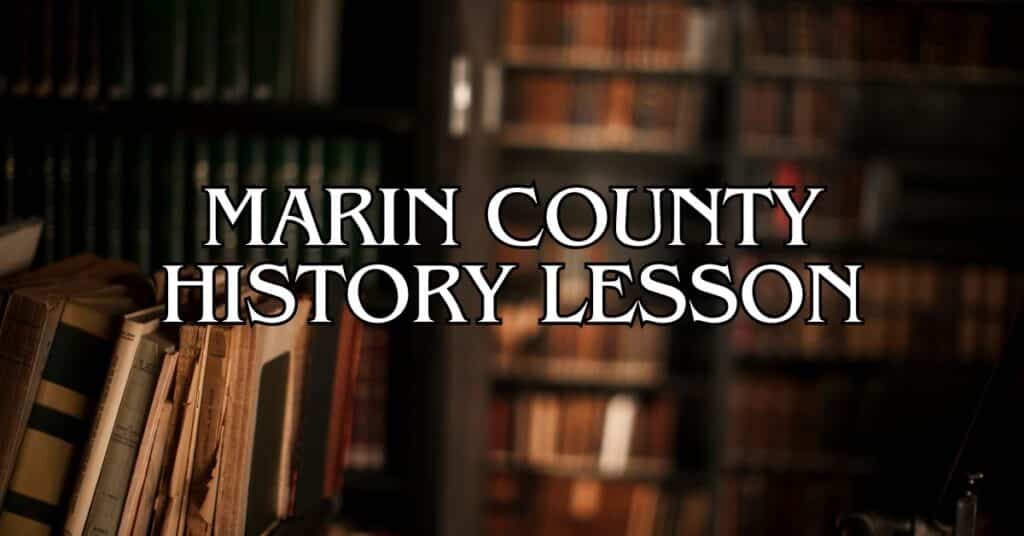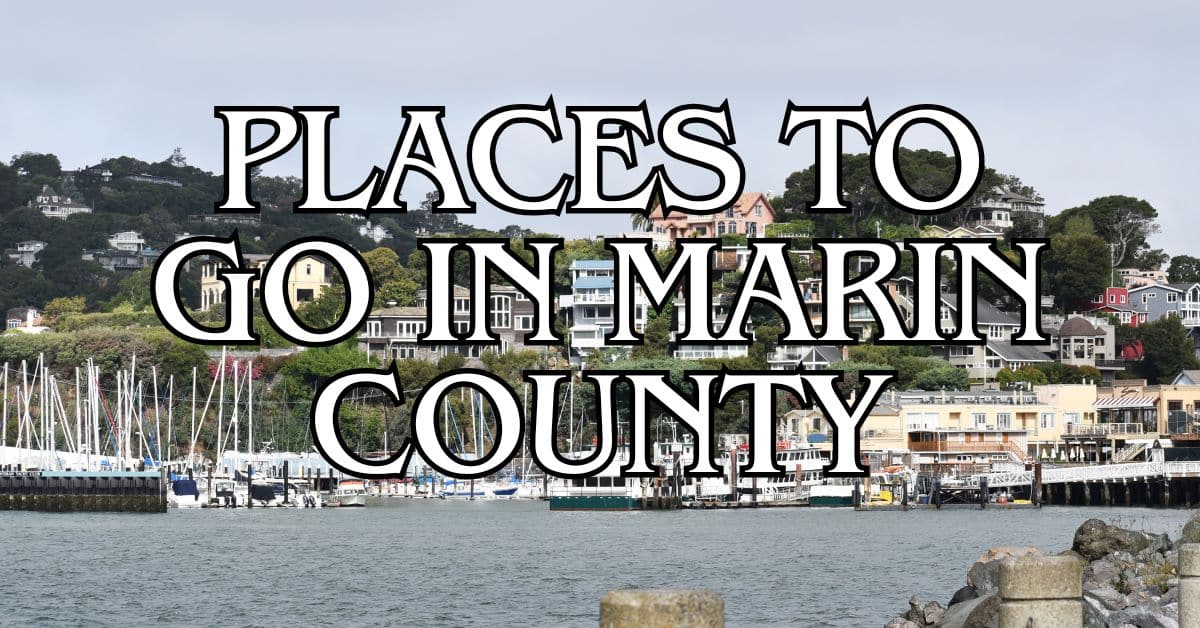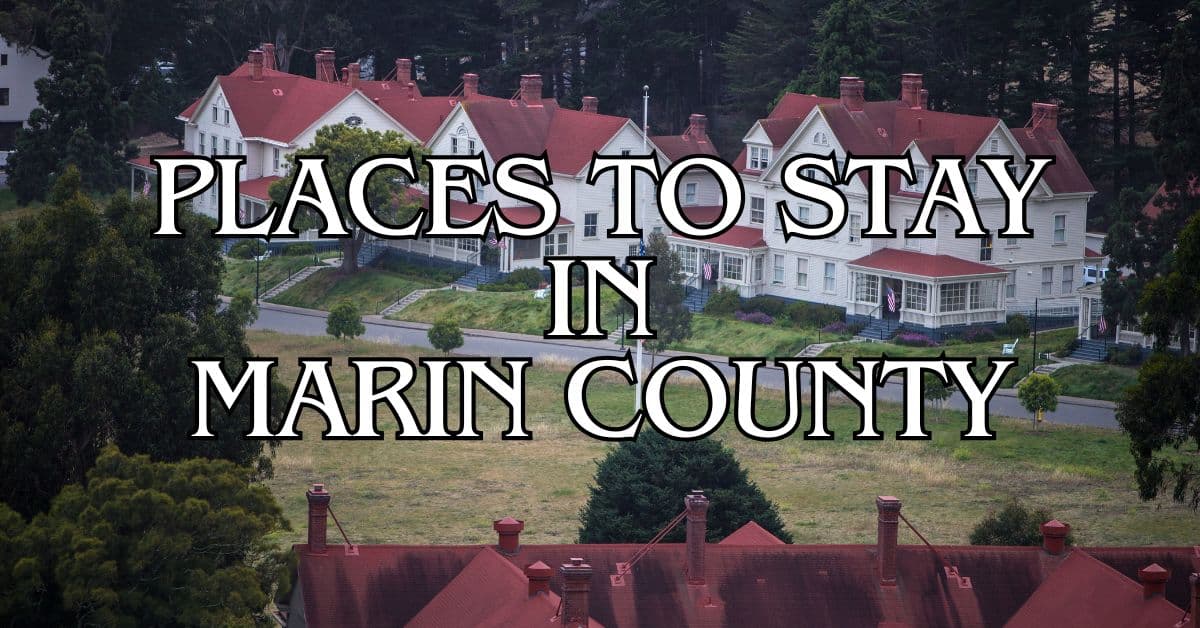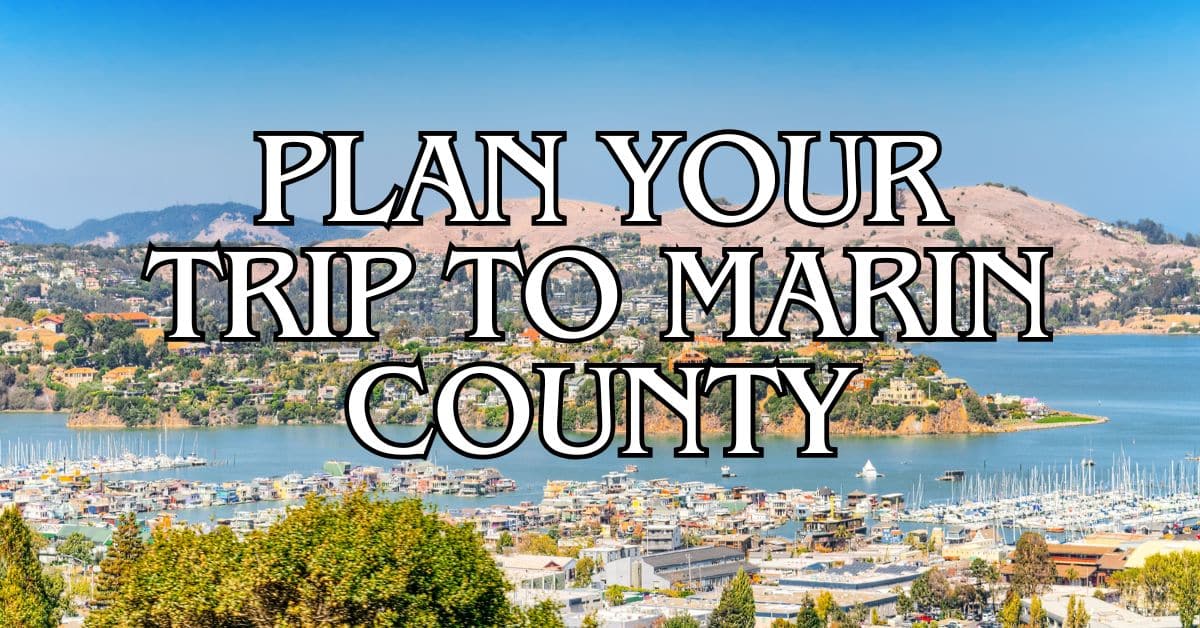Tocaloma, a quaint unincorporated community in Marin County, California, holds a rich tapestry of history and culture.
Nestled within the scenic landscapes of Marin County, Tocaloma has long been a point of interest, especially for its notable past as a stop along the Northwestern Pacific Railroad.
Discover hand-picked hotels and vacation homes tailored for every traveler. Skip booking fees and secure your dream stay today with real-time availability!
Browse Accommodations Now
The community is located about three miles east-southeast of Point Reyes Station, adding geographic interest to its historical significance.
A crucial highlight in Tocaloma’s history is the grand Tocaloma Hotel, which once stood as a beacon of luxury and social gatherings in the area.
Known for hosting elaborate balls and events, the hotel attracted people from both Marin County and beyond.
One memorable event included a special ball in July 1891, featuring a grand march led by Dr. Deas and Miss Maud Garcia. These social gatherings etched a vibrant mark on Marin County’s cultural landscape.
Beyond the glittering social events, Tocaloma’s story includes significant events such as the devastating fire in 1916 that destroyed the Tocaloma Hotel.
This tragedy marked a turning point for the community, echoing through Marin County’s historical narrative as both a loss and a reminder of the area’s resilience.
Today, Tocaloma remains a testament to the past, offering visitors a glimpse into the storied history that shaped Marin County, California.
Early Settlers and Development
Tocaloma’s history is rich with stories of the Coast Miwok, European influences, and the important role of the North Pacific Coast Railroad. These elements shaped the community’s evolution in Marin County.
Indigenous History and Coast Miwok
The Coast Miwok were the original inhabitants of the Tocaloma area. They lived in villages scattered across Marin County, including near the present-day site of Tocaloma.
Their lives were deeply connected to nature, relying on hunting, fishing, and gathering.
Artifacts and shell mounds remain as evidence of their rich culture and presence. The Coast Miwok had complex social structures and participated in ceremonies and traditions unique to their tribe.
Today, their legacy is remembered and honored as an integral part of the region’s cultural heritage.
European Exploration and Land Grants
The arrival of European explorers, such as Sir Francis Drake, marked a new era for the area. His explorations laid the groundwork for European interests that would later intensify.
As the Spanish colonized California, they established land grants throughout the region.
These grants were often distributed to soldiers, mission workers, and settlers, which introduced new agricultural practices to the fertile lands.
European influence dramatically changed local customs and land ownership, paving the way for future development and economic changes.
Tocaloma and the North Pacific Coast Railroad
The development of Tocaloma was significantly influenced by the North Pacific Coast Railroad. Giuseppe Codoni played a crucial role in establishing this key transportation link.
The railroad connected Tocaloma to larger cities, fostering economic growth and facilitating movement of goods and people.
The train schedule allowed for efficient travel between San Francisco and Tocaloma.
Adjacent to Sir Francis Drake Boulevard, the area developed as a hub of activity, offering the chance for trade and tourism to flourish. This progress marked Tocaloma as a noteworthy locale in the county’s history.
From Resort Town to Modern Community
Tocaloma, nestled in Marin County, evolved from a vibrant resort hub featuring the grand Tocaloma Hotel into a quiet modern community. Key developments in postal services and infrastructure, coupled with challenges like Prohibition and natural disasters, influenced its transformation.
The Golden Era of the Tocaloma Hotel
In the late 19th and early 20th centuries, the Tocaloma Hotel was a cornerstone of tourism in the region. It hosted grand events, such as balls featuring orchestras from nearby San Francisco. This hotel attracted many visitors, creating a lively hub for social gatherings.
It was known for its luxurious accommodations and elegant social functions. The hotel played a significant role in boosting the local economy.
Many people traveled specifically to attend these glamorous events, bringing business to the area.
Post Office and Community Infrastructure
The development of a post office and other infrastructure was crucial for Tocaloma as it grew into a community.
The post office ensured better communication and helped connect residents with the broader region.
Infrastructure improvements included roads and railways, which were essential for transporting people and goods.
This connectivity allowed for the exchange of resources and created a sense of community among residents.
Community development projects contributed to a more stable and cohesive settlement. These efforts laid the groundwork for a more durable and interconnected community.
Impact of Prohibition and Natural Disasters
Prohibition and natural disasters had lasting impacts on Tocaloma. During Prohibition, local businesses faced challenges, reducing tourism and economic activities.
Many community members sought alternative sources of income, impacting the local economy.
Natural disasters, particularly fires, also shaped its development. The 1916 fire at the Tocaloma Hotel marked a significant loss for the area, affecting both tourism and local heritage.
These events led to a reevaluation of safety measures and emergency preparedness in the community. Overcoming these challenges required resilience and adaptation from the residents, contributing to Tocaloma’s evolution into the community it is today.
Cultural and Natural Heritage
Marin County’s Tocaloma area boasts historical landmarks, stunning natural scenery, and rich cultural heritage. Its historic sites and scenic landscapes make it a unique destination for visitors interested in history, outdoor activities, and environmental appreciation.
Preservation Efforts and Historic Places
Marin County is home to several sites on the National Register of Historic Places. These include various historic houses, bridges, and other structures.
Preservation efforts ensure that these sites remain intact for future generations to explore and appreciate. This commitment helps keep the area’s rich history alive and accessible.
History enthusiasts can visit notable sites to learn more about the architectural and cultural past of Tocaloma and its surroundings.
Outdoor Activities and Recreation
Tocaloma provides ample opportunities for outdoor activities.
The nearby Point Reyes National Seashore attracts hikers, bicyclists, and sportsmen with its diverse landscapes and views.
The seashore offers trails suitable for various skill levels. Fishing enthusiasts often find trout in the local creeks.
The region’s natural beauty combined with its recreational offerings make it an ideal spot for those seeking adventure and tranquility.
Environmental Consciousness and Elevation
The area’s emphasis on environmental protection ensures its landscapes remain unspoiled. Various conservation practices are in place to maintain biodiversity.
The elevation of Tocaloma at 75 feet provides a vantage point for appreciating surrounding natural features.
Residents and visitors alike uphold an ethos of environmental consciousness. This focus on sustainability is crucial for preserving the area’s beauty and ecological health, supporting the activities and lifestyles it encourages.
Modern Everyday Life and Governance
Tocaloma is a quaint unincorporated community within Marin County. Its everyday life blends with regional governance systems, educational facilities, and a growing economy.
Local Governance and Civic Infrastructure
Marin County is overseen by a Board of Supervisors, housed in the iconic Marin County Civic Center. They manage key services like public works, parks, and emergency services.
While Tocaloma lacks a local government of its own, residents rely on county-level services.
Marin County ensures road maintenance and public safety through local law enforcement and fire departments, supporting the small community’s infrastructure needs.
Education and Community Services
Education in Tocaloma is influenced by nearby institutions in Marin County.
Several public schools and private institutions cater to the educational needs of residents.
Community services include libraries and parks promoting family-friendly activities.
The Marin County Free Library system offers resources for students and the public, enhancing educational outcomes.
Social services and health programs are also accessible, ensuring that all residents receive necessary support.
Economic Aspects and Future Prospects
The economy of Tocaloma primarily pivots around tourism and agriculture, with visitors exploring its natural beauty and historic sites.
Local businesses contribute significantly to the economy, providing essential services and products.
There is potential for growth in organic farming and eco-tourism, which are popular in Marin County.
Future development plans aim to maintain environmental sustainability while enhancing economic opportunities, aiming to balance progress with conservation efforts.
Find available hotels and vacation homes instantly. No fees, best rates guaranteed!
Check Availability Now






